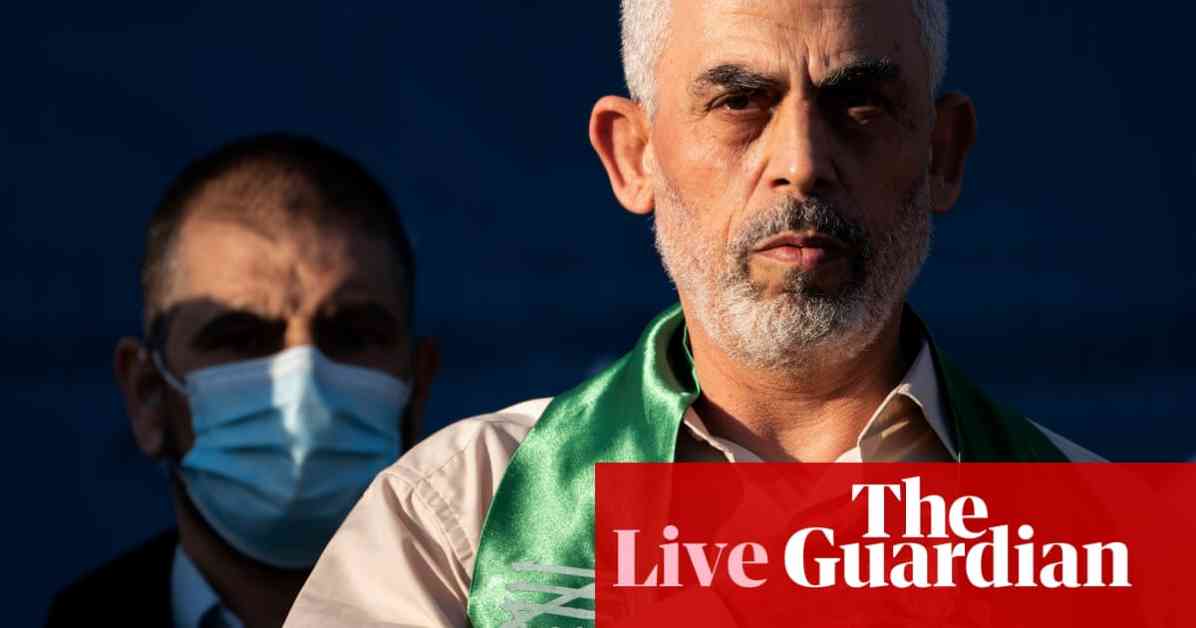Iran’s Response to Sinwar Killing Strengthens ‘Spirit of Resistance’; US Pushes for Gaza Ceasefire
Iran has expressed that the circumstances surrounding the death of Yahya Sinwar will strengthen the “spirit of resistance.” Sinwar was reportedly killed in combat with Israeli forces in Rafah, challenging the portrayal of him hiding in a bunker. The Iranian UN mission emphasized that Sinwar’s open combat stance will serve as a model for future generations in the fight for the liberation of Palestine.
While the US is advocating for a ceasefire in Gaza, Secretary of State Antony Blinken engaged in discussions with Qatari Prime Minister Mohammed bin Abdulrahman Al Thani. They highlighted the urgency to end the conflict and secure the release of hostages. Additionally, the US reiterated its commitment to achieving a diplomatic resolution to Israel’s invasion of Lebanon.
Vice President Kamala Harris viewed Sinwar’s death as an opportunity to end the war in Gaza and transition towards a post-Hamas era. She stressed the importance of justice, security for Israel, hostage release, and humanitarian relief for Gaza. President Joe Biden echoed these sentiments, emphasizing the need to end the conflict and bring back hostages.
As the situation unfolds, Hezbollah announced a new phase in its conflict with Israel, introducing precision-guided missiles for the first time. Meanwhile, global leaders expressed varied reactions to Sinwar’s death, with calls for ceasefire, hostage release, and humanitarian aid escalation. The UK, European Commission, France, Germany, Italy, and others voiced their opinions on the matter.
In Gaza, recent Israeli airstrikes have resulted in casualties and destruction, with ongoing efforts to provide aid to affected areas. Lebanon also witnessed a surge in violence, with escalating casualties and injuries. Amidst these challenges, the US conducted stealth bomber strikes in Yemen, signaling a shift in its approach to the conflict.
As the international community grapples with the complex dynamics of the Middle East, the need for dialogue, peace-building, and humanitarian assistance remains paramount. The evolving situation in Gaza, Lebanon, and beyond underscores the urgency for diplomatic solutions and efforts to alleviate human suffering in conflict zones.












